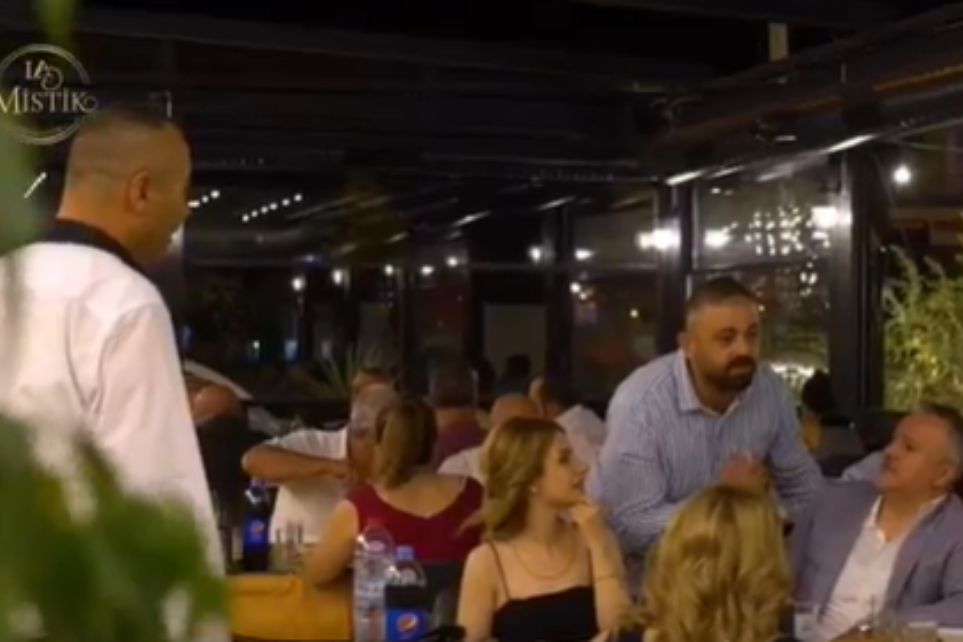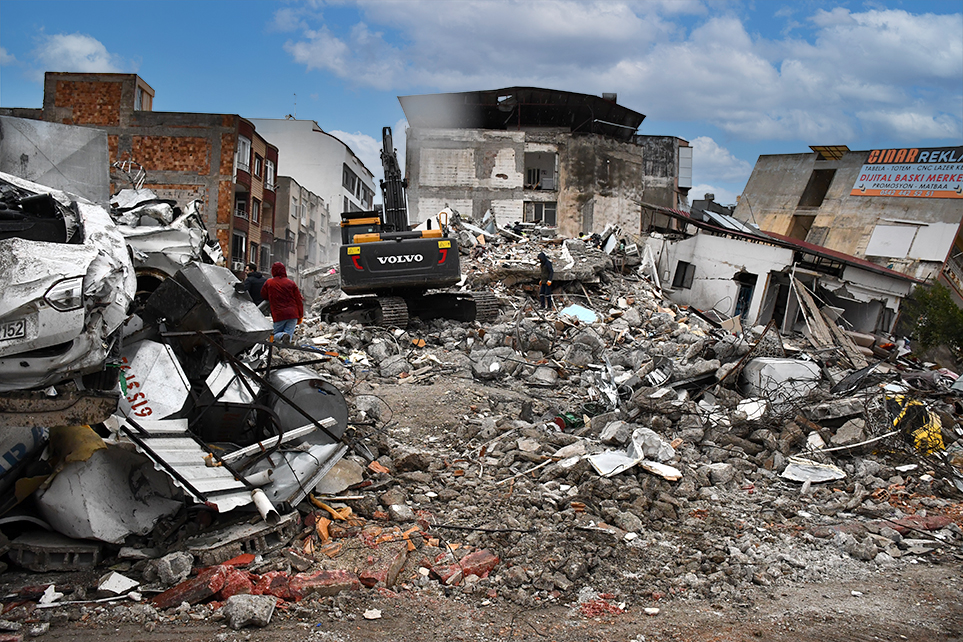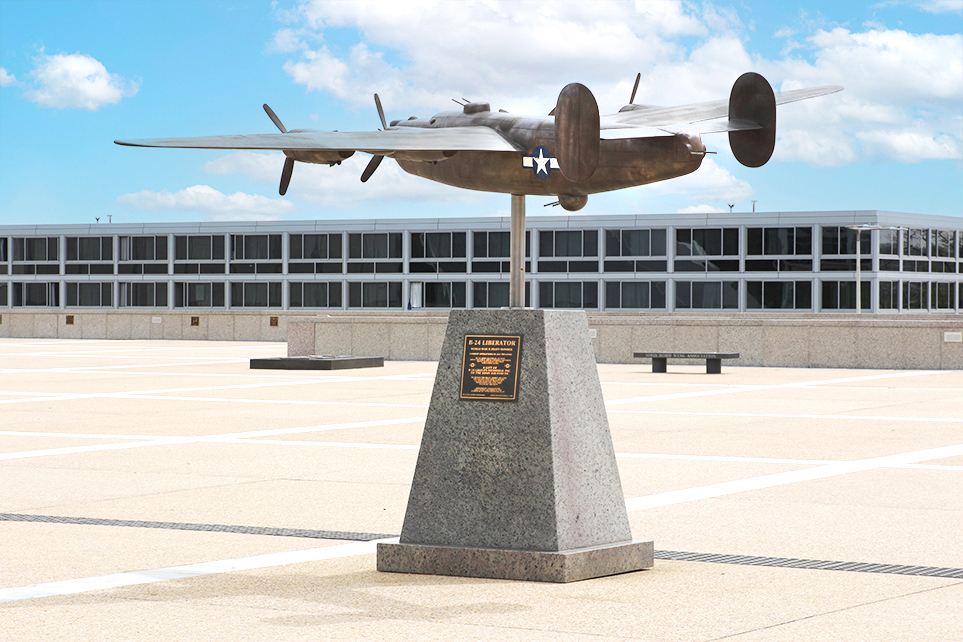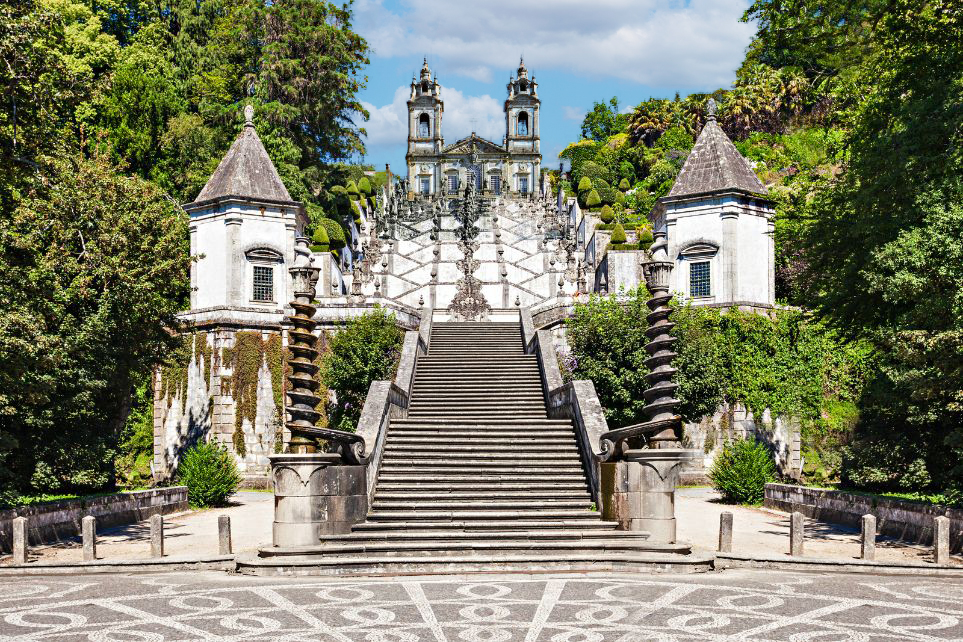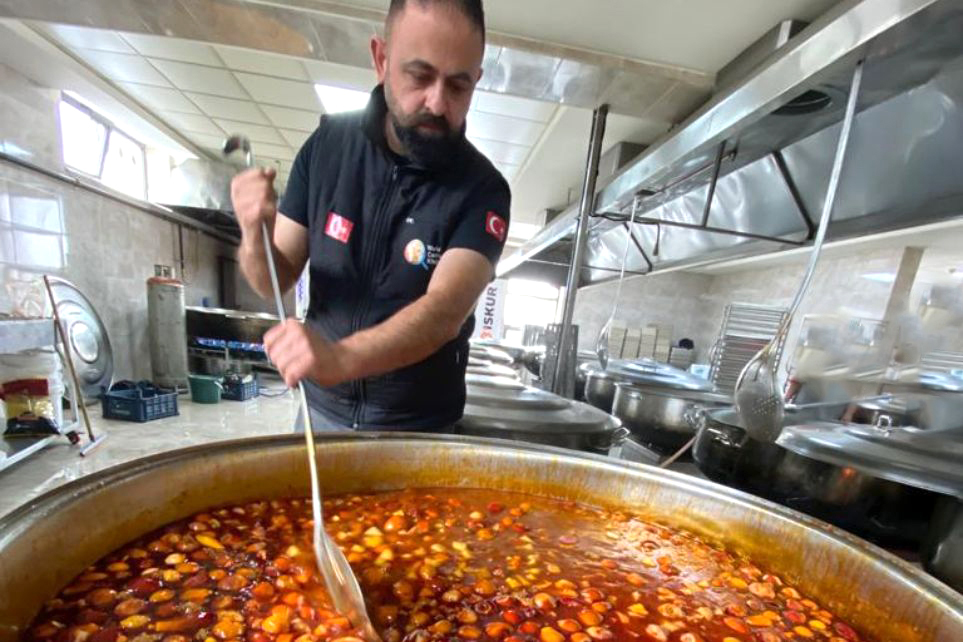
Shaken But Not Defeated: A Story of Resilience and Hope
On February 6, 2023, a 7.8 magnitude earthquake shook southeastern Turkey, and nine hours later, another earthquake at (7.5) magnitude. In the early morning of 4:00 AM, one of the deadliest and strongest earthquakes took Turkey by surprise. Tens of thousands of people have died and scores more injured from this deadly natural disaster.
Turkey has experienced earthquakes for more than 200 years, but nothing as severe or as devastating the quakes on February 6. The immense scale of this earthquake is due to the tectonic plates (Arabian and Anatolian) rubbering up against each other. The intense pressure and friction between these plates built up so much friction that one plate suddenly jerked across the other, causing the surface to shake excessively.
Within minutes more than 350,000 apartments were destroyed, and approximately 14 million people were left homeless. Over 1 million people today are living in tents or shipping containers converted into tiny homes. Following this horrific experience, Turks continued to experience over 4,000 aftershocks, causing more uncertainty for the people in this region.
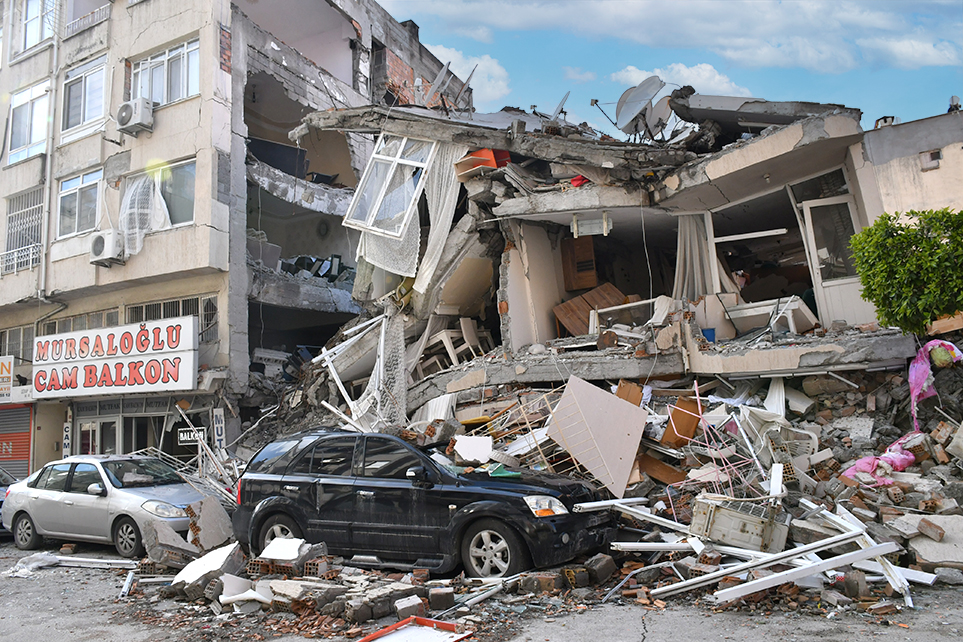
Earthquake Evacuees Arriving in Antalya
Each day following the earthquake, my husband and I would watch the news about search and rescue efforts in Hatay. We also learned from the news that many of the earthquake evacuees were being transported to (10,000 people) Antalya as well as other communities throughout Turkey. These people were sent to state guesthouses, student dormitories, and hotels until other arrangements could be made.
Eager to help, my husband and I quickly jumped into action to volunteer. We discovered the government housed several evacuee families at a nearby hotel. We contacted the hotel manager to determine their needs, purchased the items, and brought them to the hotel.
As my husband and I walked into the hotel with bags of clothes and other essential items, we were greeted with open arms and gratitude. Most escaped their homes with only the clothes on their backs (in pajamas). After distributing the purchased items, we began to visit with the families, sharing hugs and tears as they shared their stories of sheer horror and the loss they faced from the earthquake.
Standing nearby, I greeted a young man name Savaş, who quickly shared that he spoke English. Then, he began to tell me about his horrifying experience while holding his young daughter in his arms. A father of three, he struggled not to cry as he expressed his appreciation for the items we brought to the hotel. After our visit, we exchanged telephone numbers, and we promised to stay in touch with him and do what we could to help.
As weeks passed, often communicating with Savaş, we became like family. Finally, we sat down with Savaş and his family to learn more about him and his family and his experience of the dreadful day of February 6.

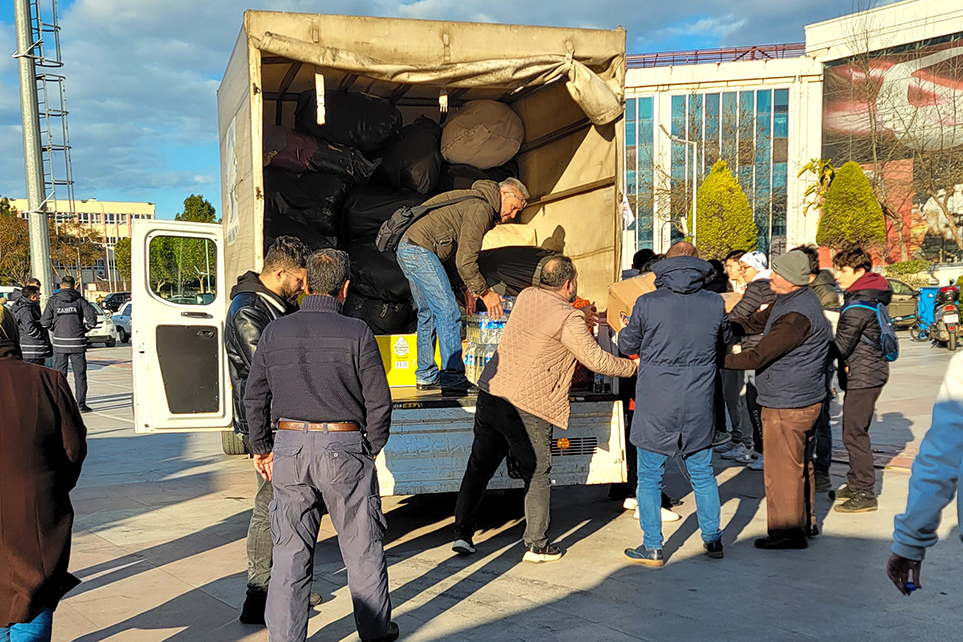
Savaş and Family
Savaş (pronounced Savaşh) is from Antakya in the province of Hatay, located in the southeastern region of Turkey. Married to his lovely wife Nurgül, who is originally from Kyrgyzstan. He has three adorable children Suleiman (8 yrs.), Veciha (6 yrs.), and Zeynep (4 yrs.).
Savaş professional background is in the restaurant business. He has worked for over 20 years in the tourism and restaurant industry. He learned English by working on a US cruise line.
In Hatay, Savaş was the restaurant manager for La Mistik Gastro House, overseeing several locations throughout Antakya. Sadly, the owners and several employees were killed, and the earthquake destroyed this well-known steak and seafood restaurant.
Although the restaurant business requires long hours and hard work, Savaş is ambitious to return to working in the restaurant business again. He enjoys socializing with people and entertaining guests. In addition, Savaş has a passion for cooking and feels the happiest when in the kitchen. Once he had a kitchen, he offered to cook a delicious Turkish meal for us.
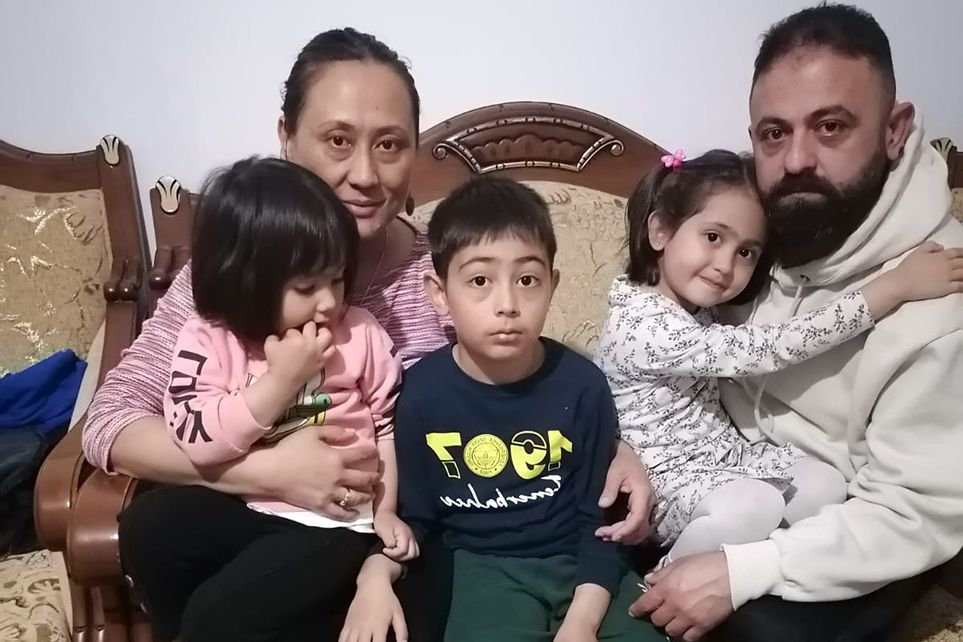
Antakya, Hatay
Antakya is the capital of Hatay Province, with a population of over 1,500,000 people, located on fertile land near the Orontes River and the Levantine Sea. Antakya, the cradle of civilization, is known for its rich history and is home to three of the world’s major monotheistic religions – Judaism, Christianity, and Islam. Antakya is one of the oldest continuously inhabited cities in the world, with a history that dates back to the Hellenistic period, around 300 BC. The city is multi-ethnic and identifies with multiple faiths, giving it extra interest for tourists from around the globe.
One of Turkey’s oldest mosques, the Habib-i Najjar Mosque, is located in Antakya, built in the seventh century CE on a pagan temple dating back to the Roman period. The city also sits on top of Antioch’s ancient city, founded in the 4th century BC by the Seleucid Empire. Due to the silk trade, the city quickly grew to over half a million people.
As a result of bordering Syria, the city has more cultural similarities with the Arab world than Turkey. Hatay only became part of modern Turkey in 1939 following the dismemberment of the Ottoman Empire. As a result, the majority of people here speak Arabic as well as Turkish.
In addition, to its unique historic mix of cultures and faith, it is also well-known for its culinary scene. This is a foodie paradise with a wide variety of spices produced in the region and a strong Arabic (Syrian/Lebanese) influence. Travelers from around the world voyage to Hatay to experience their heavenly cuisines. In 2021, Antakya was chosen as the gastronomy city of the year.
The devastation from the earthquake has strongly affected this city, and it will take years to return to its once thriving culinary destination.


The Day of the Earthquake
Around 2 AM, Savaş arrived home and was ready to unwind after a long day at work. His son and wife were asleep on the couch in the living room, and two daughters were tucked away in their beds. After sitting on the couch, watching the TV, he quickly fell asleep. He was woken by the vibration, seeing the swinging chandelier above him. He promptly stood to hold the TV in place so it wouldn’t fall off the table. Earthquake tremors happen often, so he didn’t think much of it.
As the intensity magnified, he realized this earthquake was much more severe. He reached to pick up his son off the couch and headed towards the hall where his wife and two daughters met him. Unfortunately, before they could evacuate the apartment, a wall began to fall on top of them, causing them to fall to the floor. He screamed to his wife to cover the children, protecting them from the falling debris.
As the ceiling caved in on them, everything started to crumble down. In a state of shock, the children were quiet. Nurgül yelled to Savaş, asking about Veciha, not realizing she was tucked under her. After Savaş reassures her that the children are alive and near them, he begins to try crawling out of the rubble, finding he is trapped. They lay in darkness, listening to the sounds of people crying, screaming for their loved ones.
As sunlight broke through the cracked walls, Savaş could see the street from where he was lying. Vechia was complaining that she was in pain. Savaş had both legs and one arm trapped in the rubble. He and his family lay there screaming for help for eight hours, but no one could hear them.
Once things quieted down, Savaş could hear an old friend, Ahmet, yelling his name, searching for him. Savaş, with all his energy, screamed back, “We are here, help us, please!” Finally, Ahmet could hear Savaş and began digging into the rubble. After eight more hours of digging, Ahmet could finally rescue Savaş and his family. With tears of joy, they embraced each other and were thankful to be alive.
Family Members That Did Not Survive
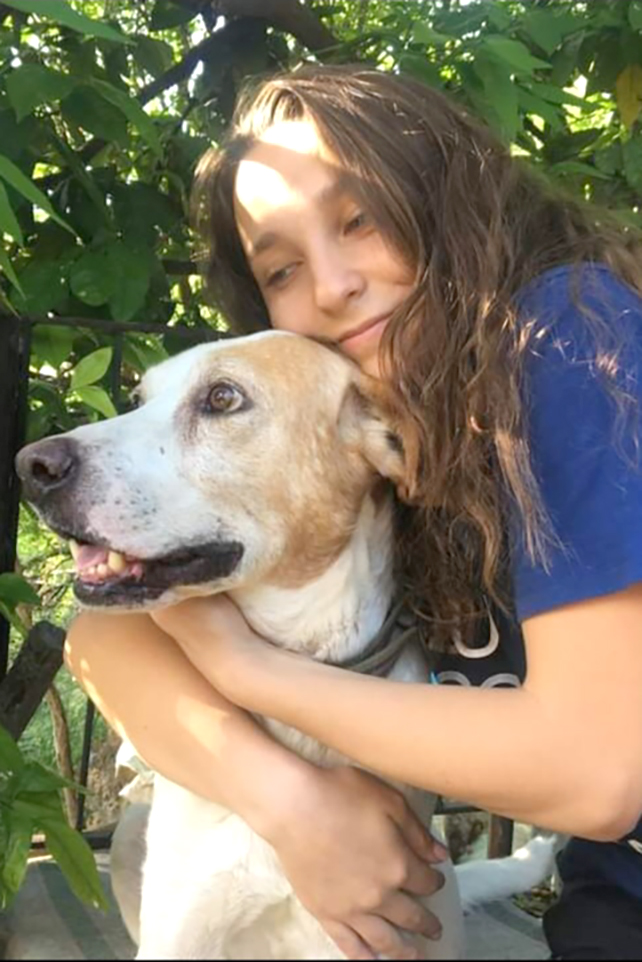
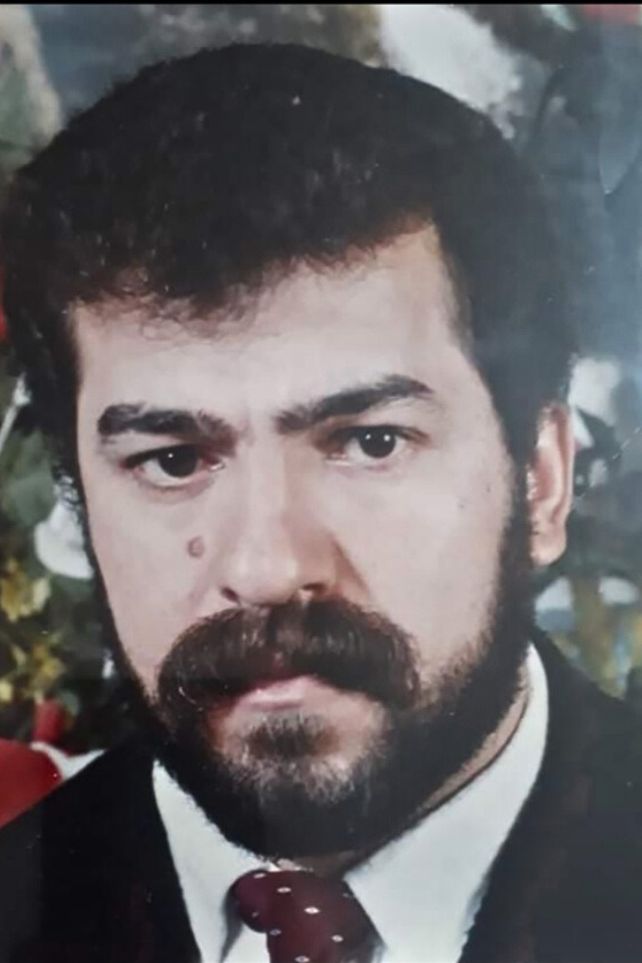
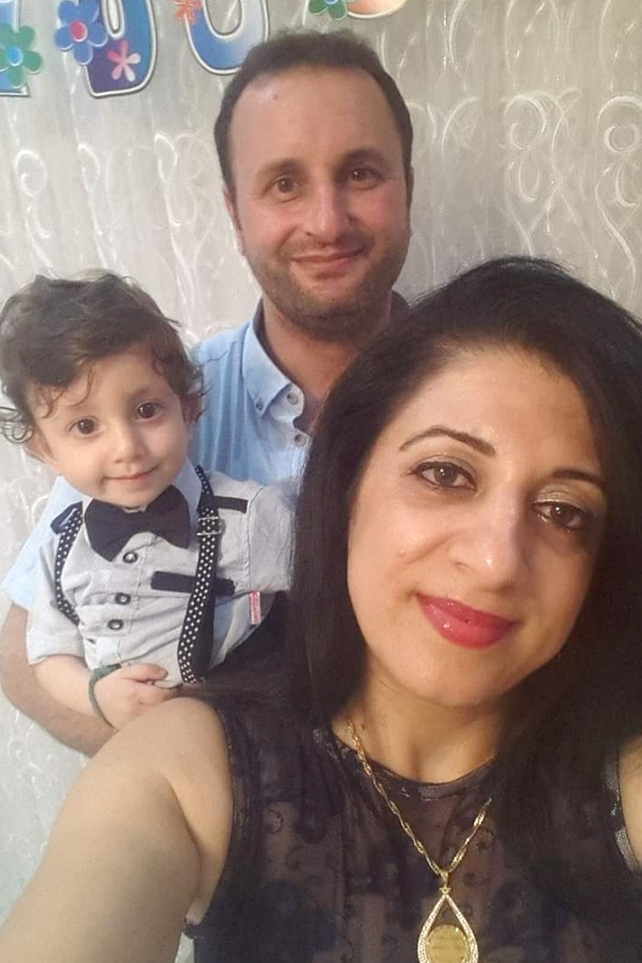
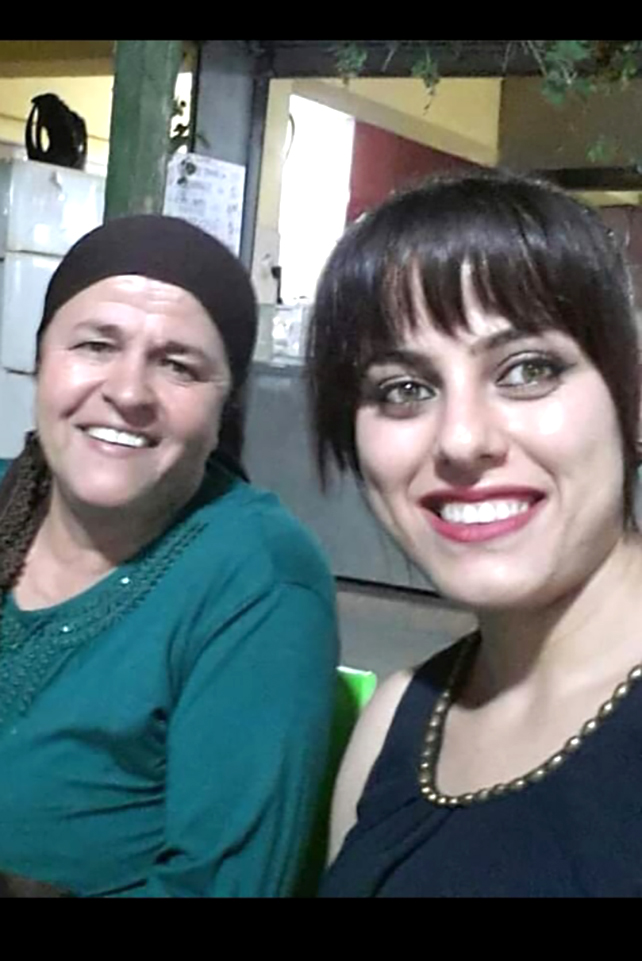
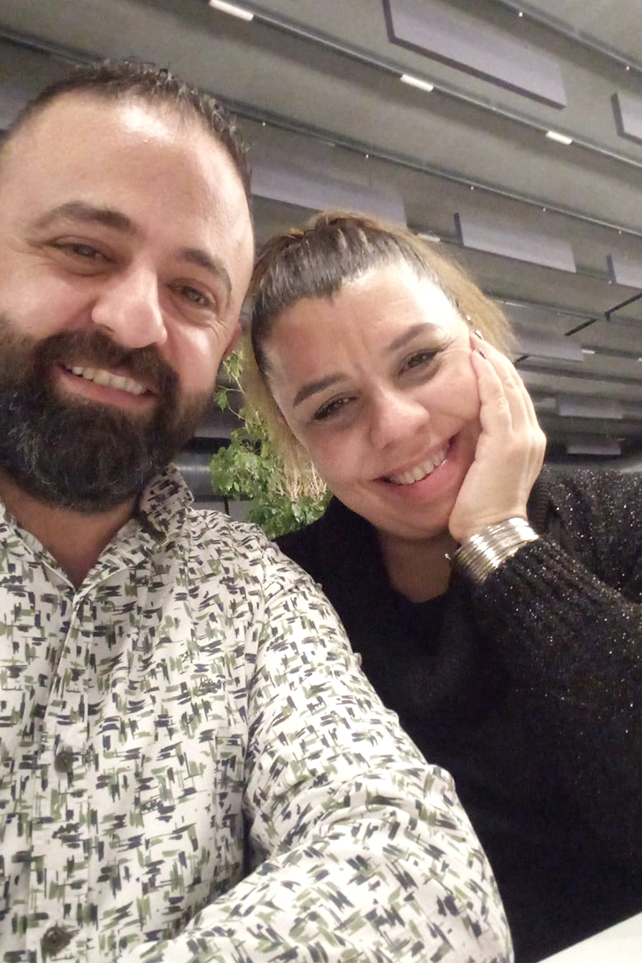
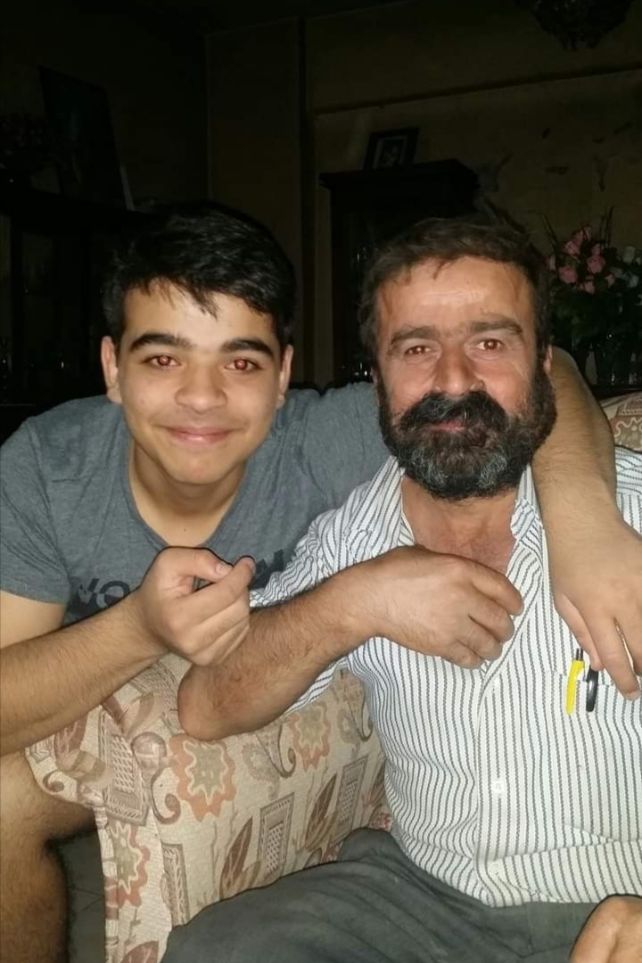
The Next Day
Standing in the middle of the street, in the wet, cold temperatures, shoeless in pajamas, they were in disbelief at what they saw around them. Focused on finding a safe place for his family, Savaş had his friend take them to his grandfather’s small cabin outside the city. A few friends arrived, bringing food for the night. Still struggling to understand what had happened, the family tried to get some rest that night.
Two trucks drove up to the cabin the following day, asking if anyone spoke English. The group was from Estonia, wanting to help in the rescue efforts. The Estonians were made up of engineers, doctors, nurses, and emergency rescue workers. They tried to help their Turkish neighbors but lacked being able to communicate. Savaş told their leader that he spoke English and would go with them into the city to help with the search and rescue.
When the Turkish government’s AFAD personnel arrived on the scene, Savaş was relieved from being the translator and able to return to tend to his family.

Arriving in Antalya
A friend of Savaş, who lived in Antalya (about 10 hours away), opened their home for them to stay. While staying in Antalya, Savaş visited the government office to begin completing the required paperwork to get assistance from AFAD. AFAD is an emergency service agency in Turkey. The agency offered to move the family to a nearby hotel, where they could stay for 45 days. Not wanting to burden his friend, he moved his family to the hotel.
The hotel provided a place for them to rest and shower and three meals daily. However, because tourism season starts within 60 days, the earthquake evacuees had a limited time to find shelter. Savaş was grateful but also worried about where he would find refuge after his temporary housing ended.
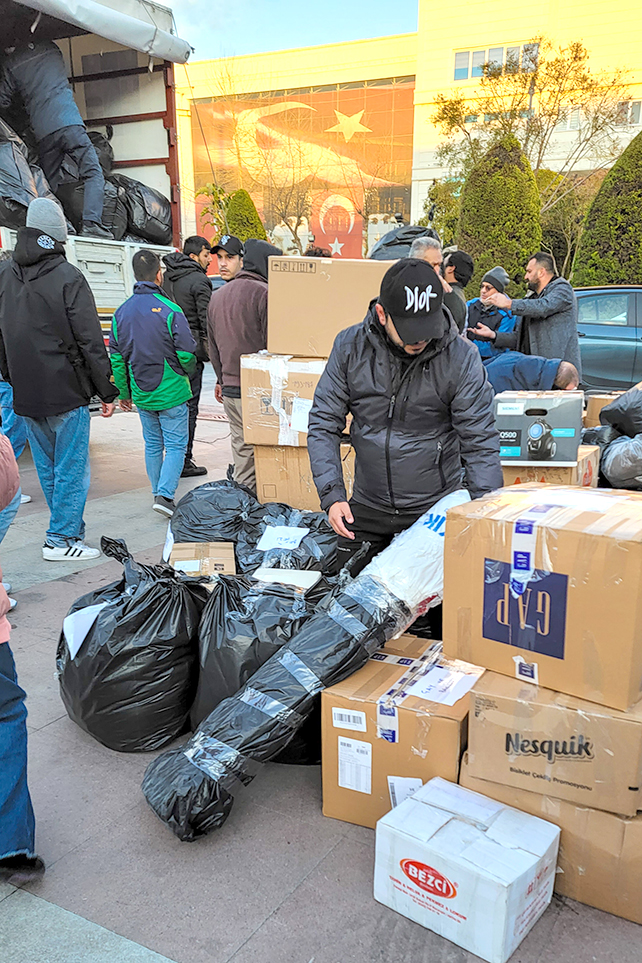
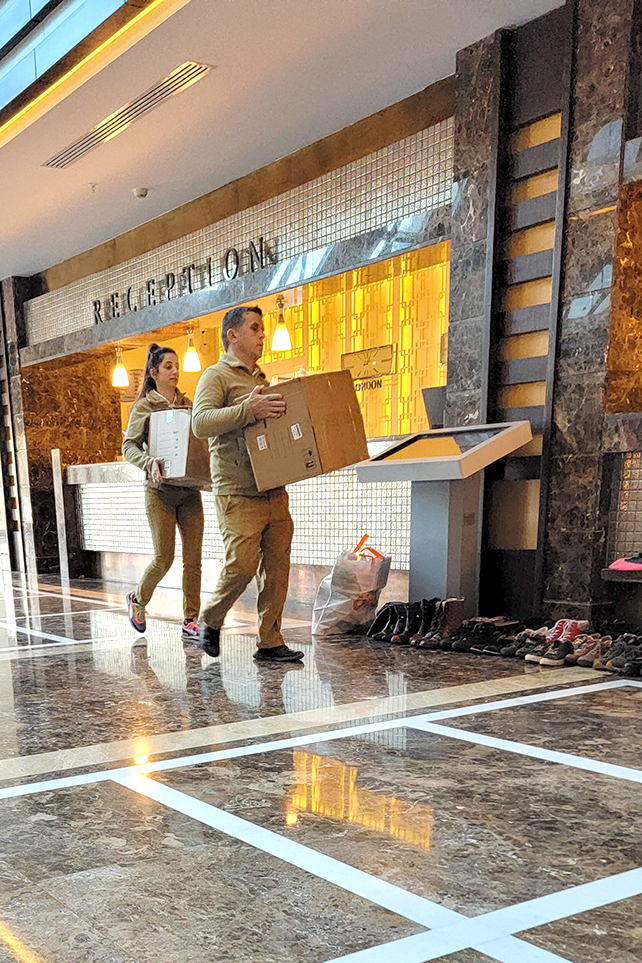
Needing Income
Knowing he would need money for the deposit and pay rent, Savaş began searching for a job. While the family stayed at the hotel, Savaş returned to Hatay, working for a USA-NGO that provided meals for earthquake victims. The earnings from this job helped him put a deposit on an apartment in Antalya. This was a positive step in the right direction.
After the NGO contract ended, Savaş returned to Antalya to his new apartment. Although they had a roof over their heads, they had no appliances, beds, or food. After contacting the AFAD office, he got a box of food and other things for the apartment. As you know, with three children and no income, starting entirely over is a difficult feat.
Checking in on Savaş, I learned he was getting little help from AFAD to feed his family. So, my husband and I and another friend from the USA pitched in to help Savaş purchase mattresses, a refrigerator, a stove, toiletries and other essential items. In addition, we connected Savaş with other expat groups that were able to provide grocery items and other simple cooking utensils so the family could enjoy a meal together. So, slowly, Savaş is rebuilding his life but has a long way to go.
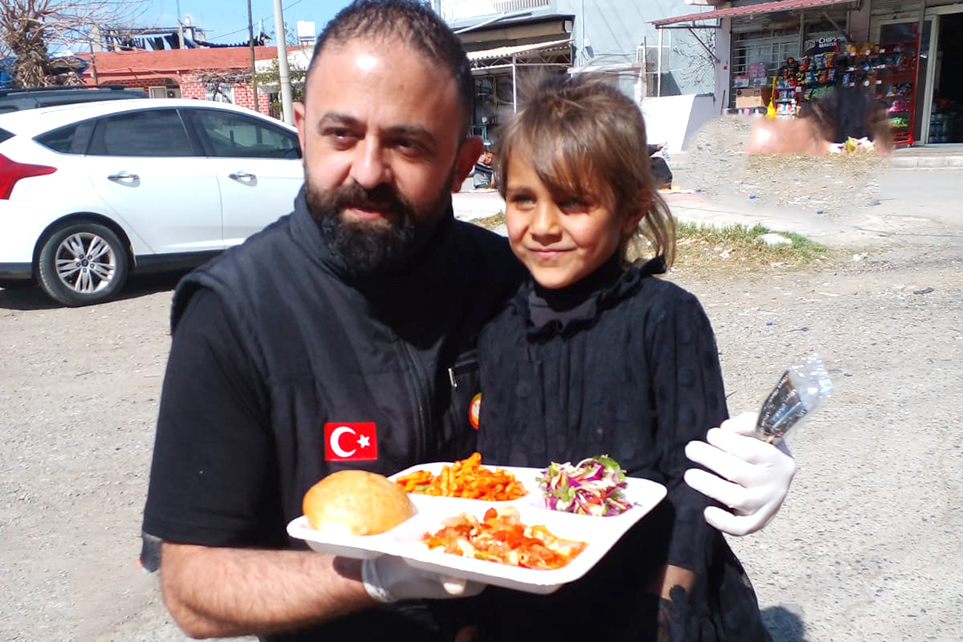

The Future
Honestly, I can’t imagine how you can see a bright future, but Savaş is an optimistic person. He believes he must demonstrate how to overcome difficult situations to his children. Every time I visit Savaş, I hear his voice of optimism, but he is concerned about his wife and children’s mental well-being. He wants his children to have a feeling of normalcy again. He wants his children to receive the best education and his wife to smile again.
As Nurgül talks about her experience during the earthquake, she cries because the recall is just too much to bear. She witnessed family members and neighbors die right in front of her. She is thankful that her children and husband survived but struggles to cope with these memories.
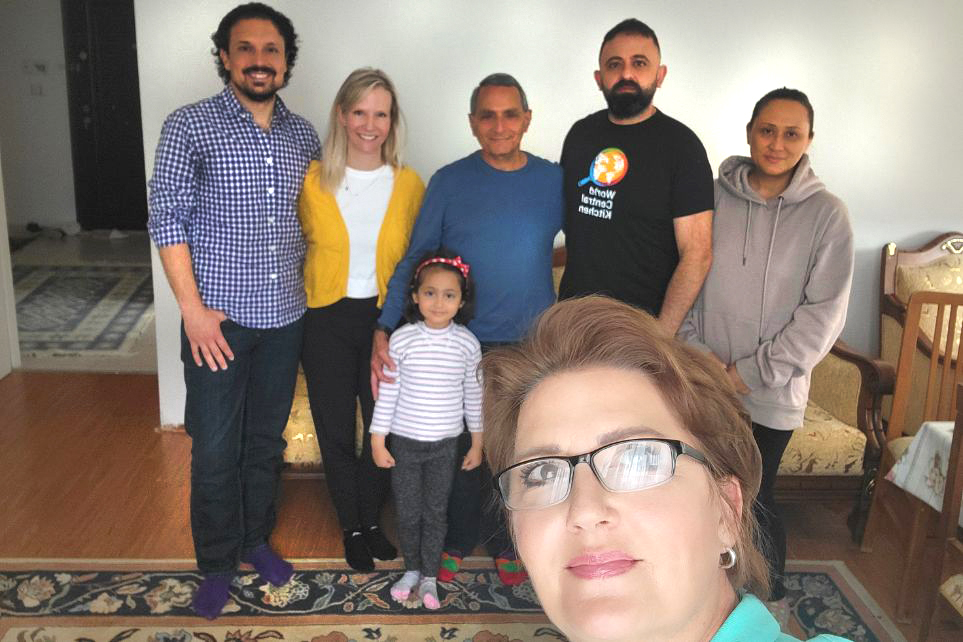
How Can You Help
As Savaş is trying to put his life back together, he has a lot of responsibility in supporting his family. Therefore, he has applied for jobs, hoping to be hired soon. However, with an 80% rise in inflation, and high (10%) unemployment, it is challenging to start over in Turkey.
Although the government has offered earthquake evacuees assistance, little has reached the individuals. Savaş frequently visits the government office, checking on possible relief funds. Then, he stands in line for two hours to receive a bag of bulgur. With so much tragedy in Savaş life, I don’t know how he stays strong for his family.
Due to the severe trauma, they experienced, the entire family, particularly the children, have PTSD and need therapy and counseling.
It would be greatly appreciated if you would like to help Savaş and his family. Please share this story with others to help the families in Turkey.
If you would like to donate directly to Savaş, you can:
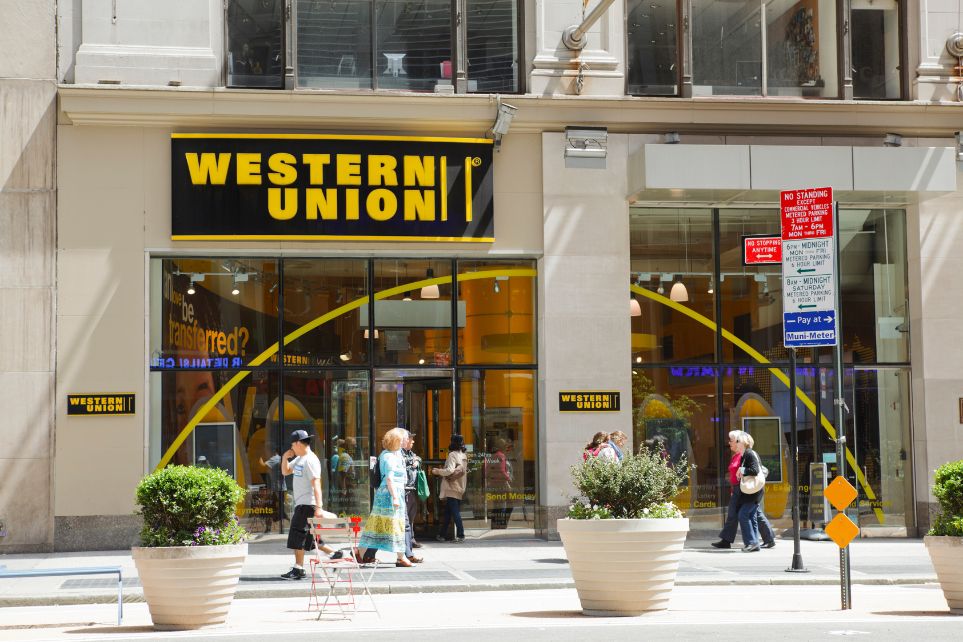
If you live in Europe or U.S.A. click Western Union and register. Click here to print out Savas information to complete the transaction.
You can pay with bank card or credit card that will go directly to his bank.
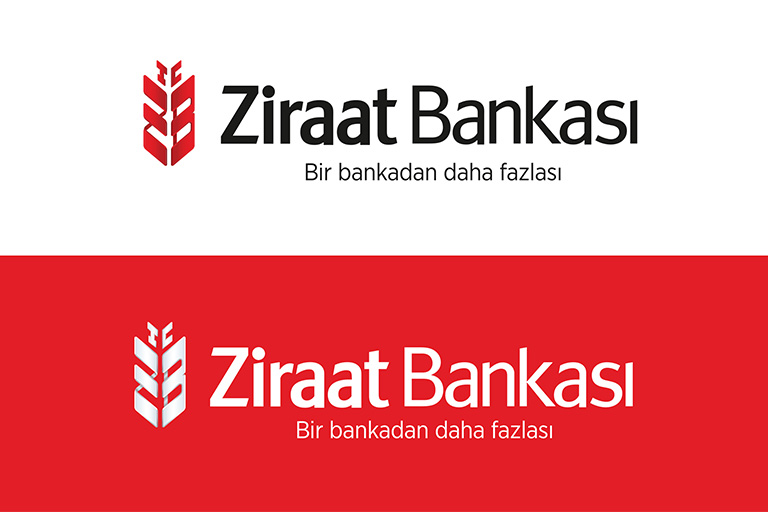
If you live in Türkiye you can donate to: Nurgul Dzhakupbekova, IBAN: TR 410001002337936671775001
Any amount would be greatly appreciated!
Please SHARE this blog with friends and family to help change the lives of this family.
Thank you for reading my blog and if want to know more about Turkey please visit Traveling Lens Photography.
If you want to read more follow me on Facebook, Instagram, or Pinterest as I share my journey.
Happy Travels!






